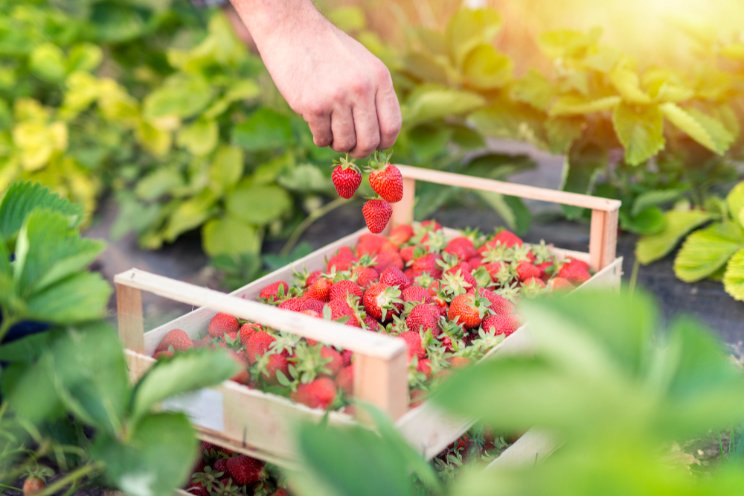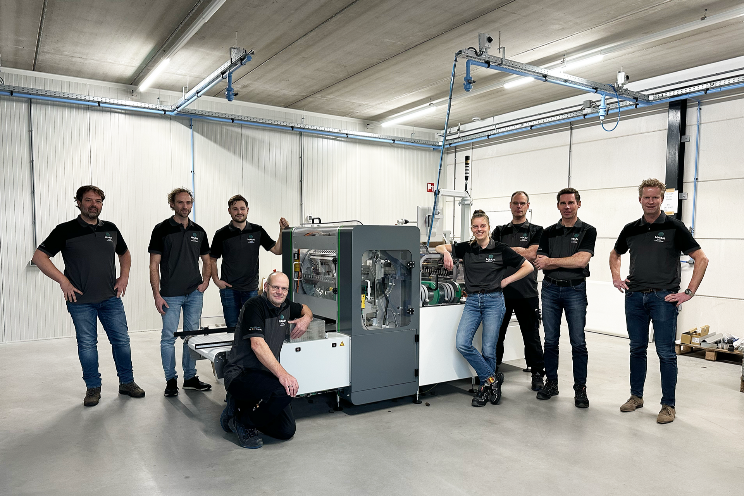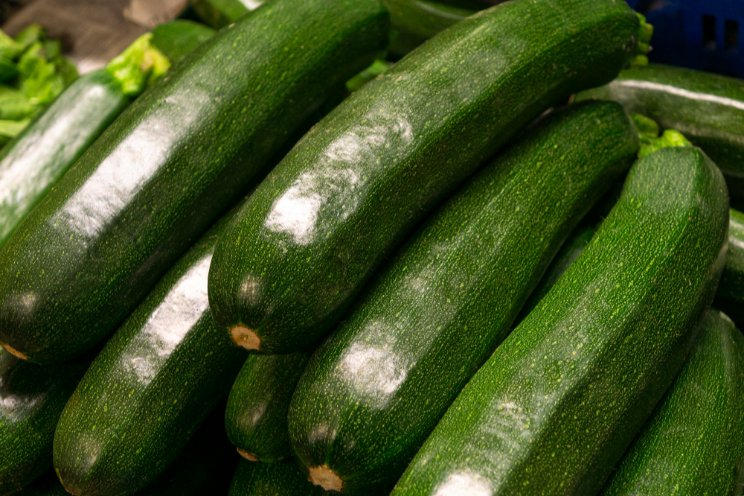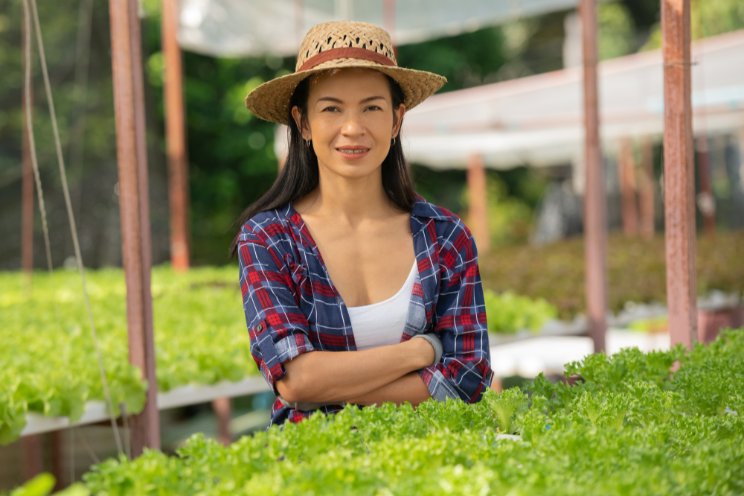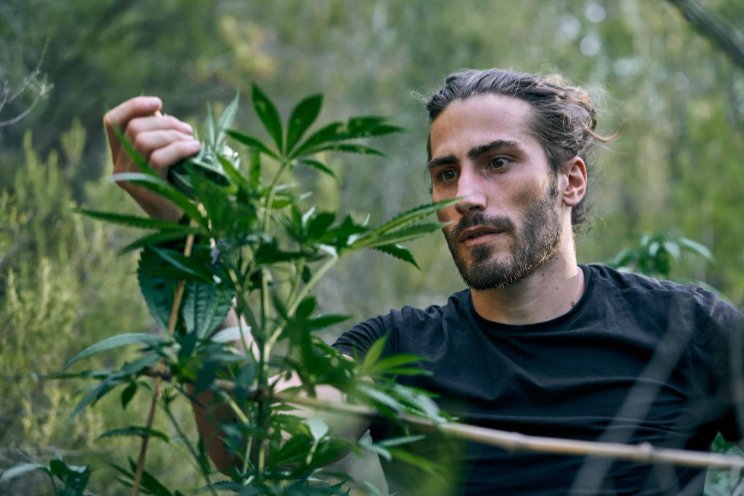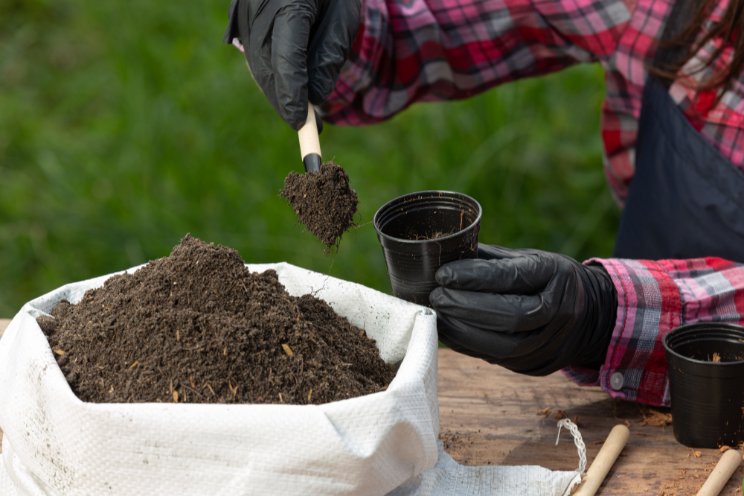"Combination of breeding and production is key to success"
Added on 14 January 2020

The German town of Südlohn, near the border with the Netherlands, is the home base of this plant breeder. It's not a typical horticultural area and is by no means the kind of region where you'd expect to find one of the country's leading pot and bedding plant producers. "The nearest horticultural business is around 80 km down the road. We are very much a fish out of water in this region, which is predominantly agricultural," says Christian Westhoff, the current manager of the business.
Business development
The foundation for the present-day business was laid 60 years ago by Christian's father Heinrich and uncle Josef. They started out growing young vegetable plants and cultivating chrysanthemums on an area of 80 m2.
The company underwent a sudden growth spurt in the 1970s when the Westhoffs won the contract to supply the "green" mail-order company Ahrens+Sieberz. "We started growing pot and bedding plants then, and that gradually became our largest product group," Westhoff says. "In the mid-1990s it was time to take the next step: breeding our own pot and bedding plants, as the mail-order company wanted to be able to regularly feature new products in its range. To begin with we focused on developing new Lobelias and Scaevolas, but now our breeding activities cover a wide range of pot and bedding plants. We propagate them from cuttings."
Successful
The company gradually built up its position as a breeder and is now one of the mid-sized businesses in the sector. The launch of a number of successful new plants played a key role in this. Westhoff: "In 1995 we introduced Scaevola 'Saphira', for example, which featured good branching and compact growth. In the years that followed we did very well with plants like the heat-resistant Lobelia Hot series, the two-colour Petunia Crazytunia and Calibrachoa Kameleon, which changes colour in different temperatures. Our Karneval concept, which we launched in 2004, also caught on. It consists of several different coloured Calibrachoas in one pot and is still one of our best sellers today. In breeding we are seeing a growing trend in bright colours: multicoloured flowers are on the up."
Worldwide, there are around twenty young plant nurseries that carry Westhoff genetics, including Florensis, Beekenkamp and Schneider. They then supply the individual growers. "Europe and North America are by far our biggest markets," Westhoff adds.
Strong growth
Despite the growth the breeding division has undergone over the years, cultivating pot and bedding plants is still the cornerstone of Westhoff's business. Tens of millions of plants are grown at the Südlohn site, which has 20 hectares of Venlo greenhouses, making it one of the biggest pot and bedding plant suppliers in Germany. "We supply supermarket and DIY chains and various online stores, mainly in Germany, Austria and the Czech Republic," Westhoff says. "We carry a wide product range but the emphasis is on Calibrachoa, Lobelia, Verbena, Scaevola and Petunia. Incidentally, we don't only grow our own varieties but those of other breeders too."
Production has grown by around 30 percent in recent years. In 2014 they added a further four hectares to their growing space. Westhoff again: "The fact that we have been supplying flowering plants early in the season for a few years played a big part in this. We are on the market at the end of March, a month earlier than most other suppliers. This has proved to be a good move, as consumer habits have changed over the years. In the past, nobody used to start gardening before mid-May, but now they want things in flower as soon as the sun comes out, even in March when it's only early spring in the northern hemisphere. Delivering early meant we had to make some adjustments to our cultivation strategy: for example, we now start planting in October and November and we have invested in assimilation lighting."
Win-win situation
According to Westhoff, they are one of the few breeders who also produce their own plants. For the grower this combination has clear added value, not least because it means the new varieties can be tested in a production environment before they come onto the market. "That gives us a better understanding of their potential than you can get from testing them in a research department. It also means we can advise growers better."
On the other hand, breeding produces added value for customers of their finished pot and bedding plants. "We can regularly offer them something new, which makes us an attractive supplier. In other words, the two pillars reinforce each other and together determine our company's success. That's why we want to keep on maintaining this course going forward."
Focusing on automation
The company currently has no plans to expand further. But Westhoff is intending to invest in more automation over the next few years. "We have already made considerable progress in this area in recent years," he says. "We have invested in plant robots and we now have an automatic mobile bench system in one part of the nursery. This makes us more flexible, and it also has benefits for the crop: it enables us to target a particular batch for pruning or lighting, for example. But at least as importantly, it saves us work."
At present the grower, who employs 60 permanent staff and around 100 Polish seasonal workers, sees finding good people as the biggest challenge for the future. "Fewer and fewer young people are considering horticulture as a career option. At the same time, it is becoming harder to find enough people from Poland as prosperity rises there. So automation is a must for that reason. But also because labour is by far our biggest cost item, especially since the minimum wage was introduced in Germany in 2015: that pushed up our staffing costs by several tens of percent."
Mechanisation is the company's number one focus for the upcoming years and is a must if it is to make itself future-proof. So what is Westhoff thinking about specifically at the moment? "To begin with, the cuttings robots and a further extension of our mobile bench system," he says. "But that's just for starters."
Summary
Westhoff is a well-known German breeder of pot and bedding plants. The company also produces plants itself, supplying tens of millions of flowering plants to retail every year. There is a clear interaction between the two divisions. For the grower this combination has demonstrable added value. Its plans for the future focus mainly on automation because finding enough good workers is becoming a problem in Germany.
Text and images: Ank van Lier, In Greenhouses
Source: In Greenhouses
More news

